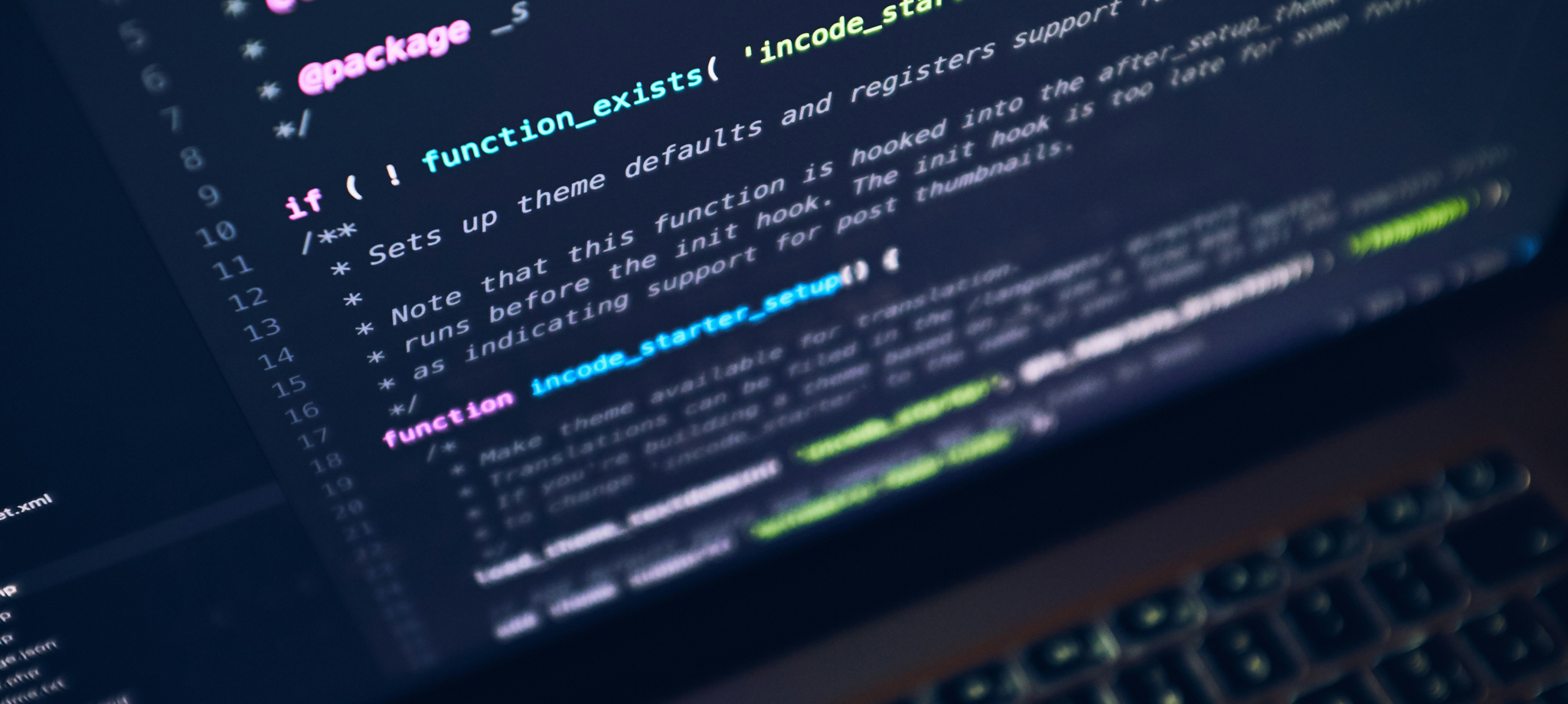How Can Technology Help Address Global Peace Challenges? Reflections from the First PeaceTech Hackathon
Inclusive Peace’s Researcher Philip Poppelreuter, shares three impressions from the recent PeaceTech Hackathon in Lausanne, where students and professionals from various backgrounds came together to solve challenges around peace & tech.
As Inclusive Peace, we have increasingly examined opportunities for using technology in our peace process support work. The first-ever PeaceTech Hackathon in Switzerland on 9-10 March 2024, organised by the EPFL EssentialTech Centre and Open Geneva, provided an exciting environment to delve further into the intersection between peace and technology. The event brought together students and professionals from various backgrounds to discuss in small groups of 5-10 individuals how technology can help tackle global peace challenges.
I had the privilege to represent Inclusive Peace as one of nine “challenge owners” at the event. Our challenge focused on entry points for refining the open-source deliberation technology Polis to render national dialogues more inclusive. Polis has been applied in several contexts to promote online brainstorming and consensus-building on various political issues among large groups of individuals. However, it is yet to be applied in the context of national dialogues, which come with specific challenges in facilitating consensus-building on highly sensitive political, social, and economic issues.
I left my first-ever Hackathon with three main impressions:
Hackathons as spaces of mutual learning and unique discussion dynamics
Hackathon participants’ diverse thematic expertise made them look at our challenge from different angles. Rich discussions on how to approach the challenge started as soon as the group assembled and pulled into different directions at times. A pronounced collaborative spirit enabled the group to jointly agree on a working process and labor division in addressing our challenge, nevertheless. It was highly interesting to see how the participants, who did not know each other, navigated the inherently challenging discussion space and created a conducive environment for mutual learning.
Handling technology with care
The conversations had during the hackathon highlighted the necessity to handle technology with care. In-depth discussions on what is technically feasible to implement with a tool like Polis will also have to explore pathways towards enhancing people’s trust and feelings of ownership in applied technologies. For Polis, for example, this implies finding ways to include communities based in remote areas with limited or no internet access in the deliberation process, collating people’s feedback on the results of the consensus-building process, and ensuring participants’ safety throughout the process. Collaborating among experts from various fields will be a genuine asset in carefully crafting a deliberation process that generates trust and maximises technology’s potential to promote inclusion.
Hackathon as the start of a process
The end of the Hackathon felt like the start of a continuous collaborative process on how to tap into the entry points identified over the two days. I see several ways to build on the hackathon and am looking to collaborate with counterparts who met at the hackathon in moving the conversations forward. I would therefore like to express my appreciation for the hackathon organisers’ initiative and great work in enabling this space to explore innovative ways of promoting inclusion, peace, and protection of human rights in the 21st century.
Collaborating among experts from various fields will be a genuine asset in carefully crafting a deliberation process that generates trust and maximises technology’s potential to promote inclusion.

